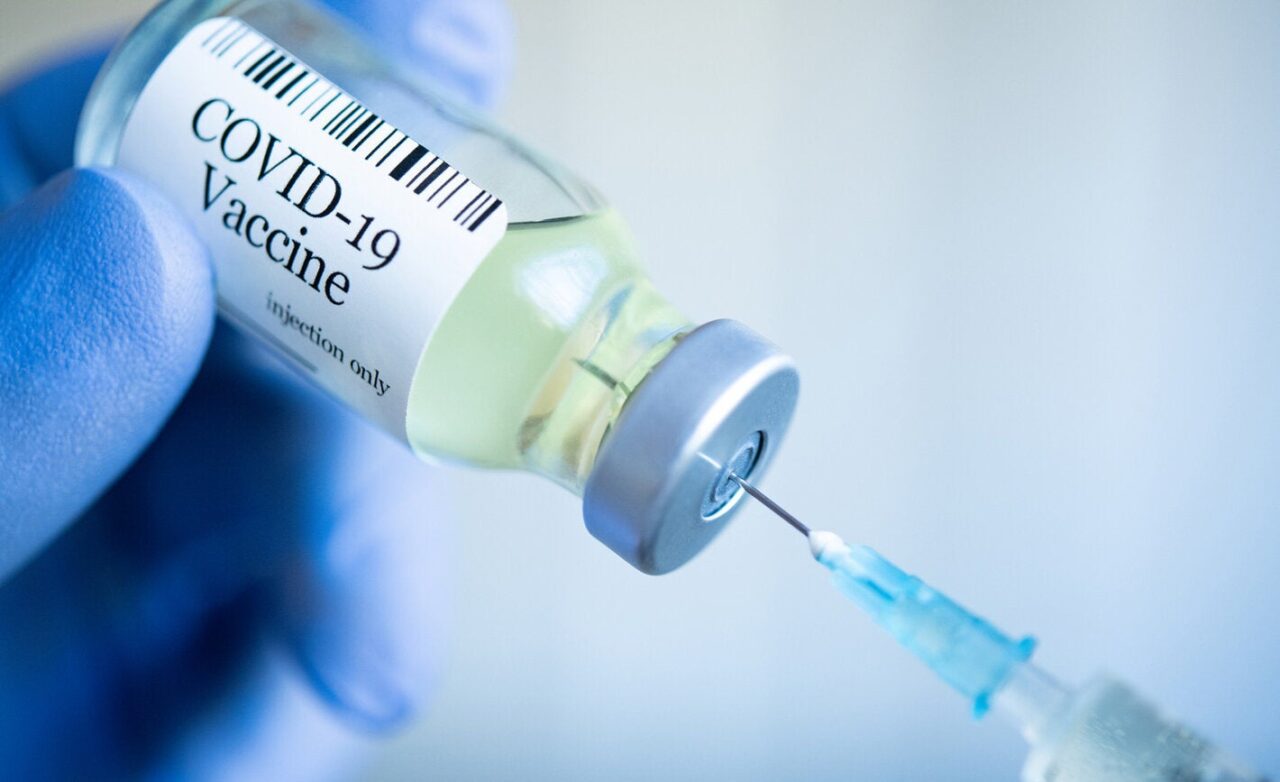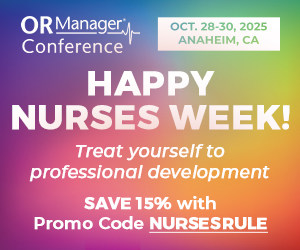
Vaccine health has been dominating the news amid ongoing measles and whooping cough outbreaks and high influenza activity last season. It is also on the minds of The Joint Commission surveyors, as the organization has updated infection control standards that took effect in July 2024 for hospitals and critical access…

Editor's Note Wrong-site surgeries are on the rise, and insufficient surgical time outs are a key contributor, according to new data highlighted by AORN on June 10 in honor of this year’s National Time Out Day on June 11. Based on The Joint Commission’s Sentinel Event Data 2023 Annual Review,…

The wave of new legal requirements for surgical smoke evacuation across the country has given OR leaders a crash course in how to act on any new legislation. Based on this experience, complying with other new and pending laws will put these skills to the test. Major hurdles are likely…

Editor's Note Researchers studying the exposure of sterile surgical slush to open air urge the adoption of closed-system technology to alleviate risks to sterility and surgical outcomes, according to a May 19 article in OR today. The article focuses on a time and motion study led by perioperative nursing leaders…

Preventing infection from contaminated surgical tools requires attention to every link in a complex chain of processes, from point-of-use pretreatment in the OR to the moment the freshly disinfected or sterilized item arrives at the next patient’s bedside. For those on the front lines, manufacturers’ written instructions for use (IFUs)…

Editor's Note Perioperative nurse leaders like you are getting the spotlight you deserve during National Nurses Week, May 6–12! This week is not only about recognition, but also about equipping you with tools to grow your practice and lead with confidence. In honor of your impact on surgical patients, staff,…

Takeaways • The prevalence of needlesticks and other sharp object injuries to OR team members is 42.8%, an increase of 16% over the past decade. • New research and perspectives are shaping the discourse around sharps safety, such as new and expanded evidence-based practices presented in AORN’s 2025 update to…

“Surgeons are the only people trained to provide surgery—life-saving care," says Carrie Zlatos, chief of legislative and political affairs at the American College of Surgeons (ACS). "They are an essential element of a community-based healthcare system. Regardless of where you live, everyone should have access to full quality surgical care.”…

Although certification can be a career accelerator for any nurse, perioperative nurses in particular appear to be getting the message. Consider the most recent data from the American Board of Perianesthesia Nursing Certification, Inc (ABPANC), which offers the Magnet-recognized Certified Postanesthesia Nurse (CPAN) and Certified Ambulatory Perianesthesia Nurse (CAPA) credentials.…

During Perioperative Nurses Week this November 10-16, we encourage you to recognize the invaluable contributions of your perioperative nurses and nurse leaders. Their specialized clinical skills and knowledge protect your patients from adverse outcomes–and safeguard one of the most important revenue drivers for your health system. As you know too…